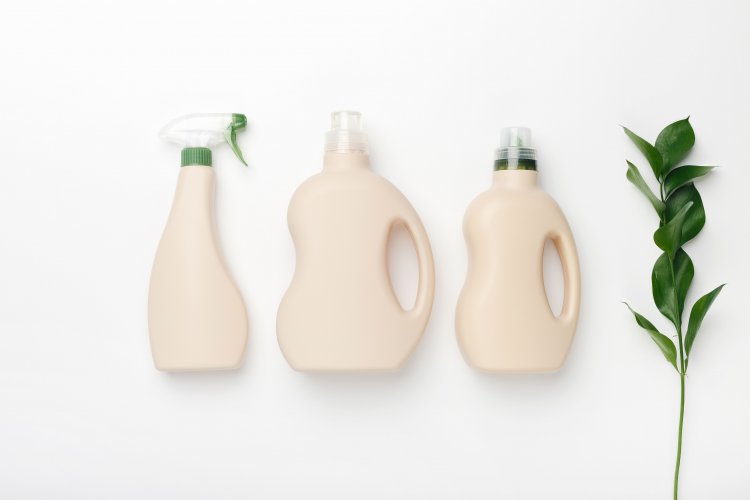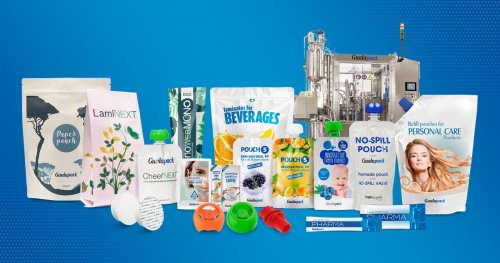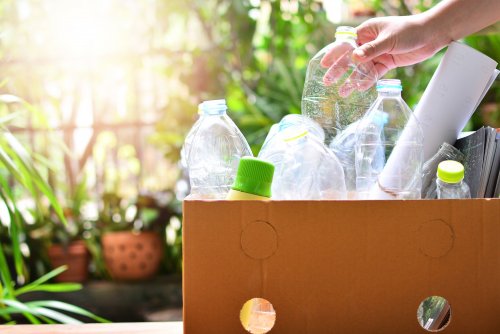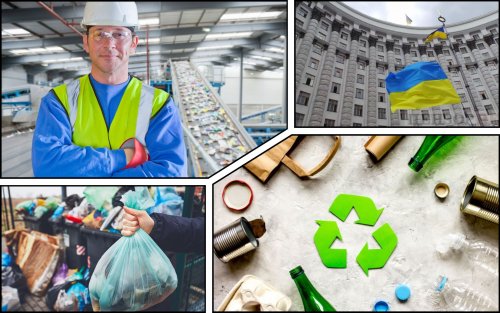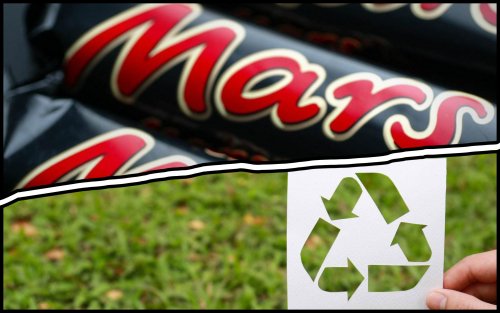The global waste-free packaging market is estimated at $ 1431.93 million in 2021 and is expected to grow by 9.4% over the forecast period (2021-2028) and reach $ 2415.9 million.
This is stated in a study by the consulting organization for global market analysis Coherent Market Insights (CMI), reports GlobeNesire
The report noted that more and more people are realizing the need to reduce the use of traditional packaging methods, such as plastic packaging, which can leave waste and harm the environment.
According to the US EPA (Environmental Protection Agency) in 2020, it is estimated that almost 42% of all greenhouse gas emissions are caused by the production and use of goods, including food and packaging. Waste generated from packaging eventually ends up in landfills or dumped into the oceans, adversely affecting aquatic biota and causing garbage islands.
Waste-free packaging is commonly known as a packaging procedure in which materials are either completely reused or recycled. Packaging manufacturers are exploring the potential of packaging natural products such as cornstarch, mushrooms and more. Instead of plastic packaging, many manufacturers are switching to minimal packaging and using materials such as wood, as well as environmentally friendly and reusable materials.
So Saltwater Brewery makes edible packaging from barley and wheat, which can become food for fish in the ocean.
Composted packaging materials are also a good alternative, for example, Level Ground Trading coffee packaging is made from wood that is completely biodegradable.
Major players in the global waste-free packaging market include Loop Industries Inc., PulpWorks Inc., Avani Eco, Loliware, Lifepack, Aarohana Ecosocial Development, Package Free, GO Box, World Centric and Biome.
"Mergers and acquisitions, strategic cooperation, new product launches and business expansion are key strategies adopted by key players to maintain their market share," the report said.
Brands such as Unilever and Coca-Cola are taking initiatives to recognize the need for waste-free packaging solutions. In 2019, Coca-Cola launched the World Without Waste initiative to use 50% of recycled materials by 2030. The company also plans to collect and reuse one can or bottle for each product sold.
We will remind, Greenpeace called Pepsi "beat" Coca-Cola in the fight against plastic.
As EcoPolitics reported earlier, EIA experts warned that threat from plastic as serious as climate change.

